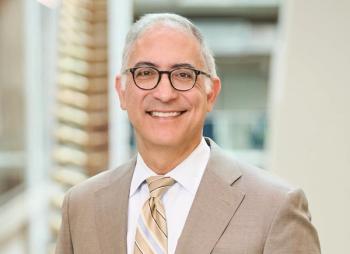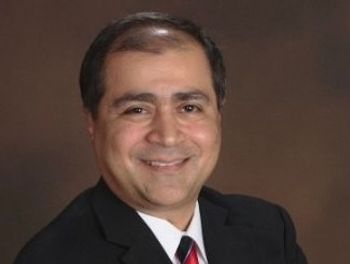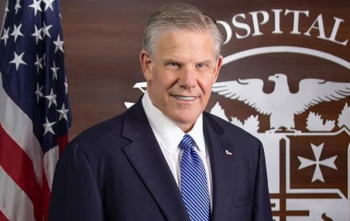
83% of Physicians Are At Risk for Burnout, Survey Finds
Health systems are starting to address physician burnout.
Photo/Thumb have been modified. Courtesy of Sven Hoppe - stock.adobe.com.
A majority of physicians (83%) believe they are personally at risk for burnout, according to a white paper from Geneia.
Among
“Curbing physician burnout is an absolutely critical and necessary component for employers to address,” according to 97% of employed physicians. “If employers of physicians do not do something quickly to sustain and keep physicians satisfied, we won’t have the quality workforce we need.”
The findings represent the views of 401 physicians who practice medicine and are employed by corporate- or hospital-owned entities. The respondents took part in a nationwide online survey in August 2019.
The Cost of Physician Burnout
Physicians (96%) are witnessing the negative impacts of physician burnout, including the presence of cynicism, severe stress, lower empathy and departure from clinical practice.
Along with the physical and mental costs of burnout, there are financial and patient safety implications as well.
Research published earlier this year revealed that physician burnout costs the U.S. healthcare system
Patient safety incidents are also likely to double if a physician is burnt out. And patients take
Health Systems Are Starting to Solve Burnout-Related Problems
Although physicians expressed concerns related to burnout, they still believe health systems are working toward solving the problem.
More than 90% of respondents said there has been an increase in news and information about the epidemic and nearly half said they see a change in how their employer is addressing burnout over the last two years.
“The industry is moving steadily towards employment of physicians, and employed physicians are more dissatisfied than independent doctors,” said Heather Lavoie, president at Geneia. “With physician dissatisfaction reaching epidemic levels, now is the time for healthcare organizations to prioritize restoring the joy of medicine.”
Solutions to Address Physician Burnout
Health systems are starting to address burnout. Still, more needs to be done. Based on the results of the survey, Geneia suggested seven solutions for health systems to better address burnout:
- Ensure physicians know they’ve been heard
- Empower clinician-staffed committees to examine burnout contributors and make operational recommendations to administrators
- Pay attention to the basic needs of physicians working long hours
- Offer professional development opportunities, not just EHR training
- Invest in physician time-savers
- Consider ways for physicians to have more time with patients who have complex needs
- Encourage peer relationships and physician collegiality
Health systems can make scribes available to physicians for data entry and EHR-related tasks. Physicians also felt it was important for their health system to focus on implementing work-life balancing programs, reducing physician hours and making mental and physical wellness resources available.
Get the best insights in digital health.
Reduce Physician Burnout







































